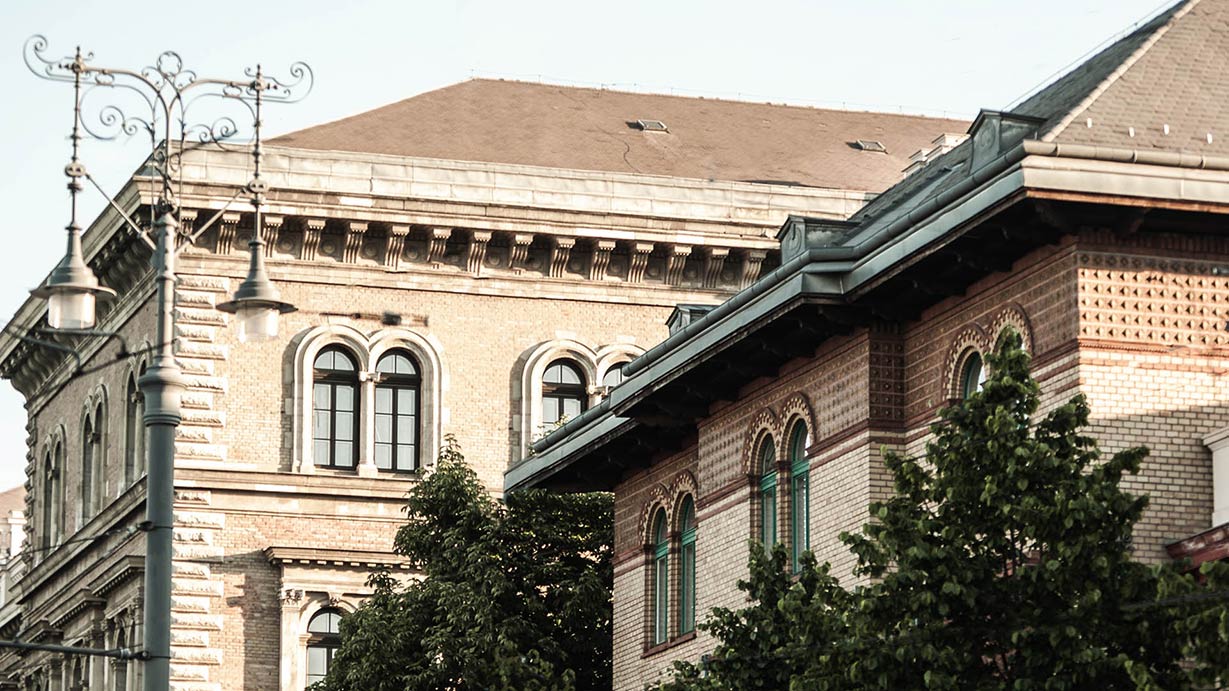Researchers from almost all over the world came to CIAS this year

The special event was opened by Dr Tamara Keszey, Vice-Rector for Research, who praised the pioneering role of CIAS in the University’s internationalisation efforts and in making its research results visible. She recalled that last year, 9 D1, 7 Q2 and 10 Q1 ranked international journals published papers by researchers associated with CIAS. According to the Vice-Rector, the guest research scholarship programme offered by the Institute is an excellent opportunity to attract both Hungarian and international researchers working abroad to Corvinus. The scholarship programme allows the selected specialists to focus exclusively on their research for shorter or longer periods, and the researchers, who come from very different fields, also contribute significantly to the University’s multidisciplinary research. Tamara Keszey said that over the years, the Corvinus Institute for Advanced Studies has developed into a stable research centre that is able to make individual research achievements visible internationally and to create opportunities for scientific cooperation between domestic and international researchers.
During the day, a total of 16 short presentations in four sessions gave visitors a taste of the research currently underway at CIAS. The first session was largely devoted to research on entrepreneurship and supply chain management. Amitabh Anand, an Indian specialist at the University on a CIAS Visiting Professorship, is currently investigating what factors predispose family businesses to operate in the grey zone and how these negative factors can be counteracted. Venkatesh Venkateswamy Gurusamy, also from India, looks at food supply chains in developing countries from a sustainability perspective. The professor is trying to develop an economic model to reduce the amount of food wasted during transport, which he hopes could help alleviate the problems of developing countries facing hunger.
Péter Baranyi, head of the Centre for Cognitive Infocommunication, a new research group at CIAS, spoke about their research on the cognitive aspects of virtual reality and the use of artificial intelligence. In his presentation, he said that one of the most pressing questions in the field is the potential applications of artificial intelligence in real-life situations (e.g., aircraft control, nuclear power plant management) and how reliable its operation is.
In the second session, presentations were given on social science topics. Bojan Baća examines the links between conspiracy theories and the spread of far-right ideas. The results show that during the COVID epidemic, the proportion of people receptive to conspiracy theories increased significantly, and people who previously did not believe in conspiracy theories became open to them. The researcher also pointed out that the role of influencers has become much more important with the rise of social media, and a well-chosen influencer can promote the spread of a conspiracy theory.
Pakistani researcher Zehar Sulfiqar presented how companies in developing countries can contribute to environmental protection and, through this, to poverty reduction in their countries by adopting a sustainable approach to human resource management.
In the third session of the CIAS professional event, topics mainly related to theoretical mathematical optimisation were presented by visiting professors. In this session, presentations were made online by Dávid Papp, who is currently researching in the United States, and by Goran Lesaja, who is also researching in the US but is currently in Budapest on a visiting professorship at CIAS. We spoke to László Végh, a Hungarian-born researcher and lecturer at the London School of Economics and Political Science, who spends two months as a visiting professor at the Corvinus Institute for Advanced Studies this academic year.
At the one-day workshop, László Csicsmann introduced the newly established Corvinus Centre for Contemporary Asia Studies within CIAS and spoke about the geopolitical changes that the strengthening of the Asian economic region may trigger in the world in the near future. Yin Shuxi, a guest researcher from China, gave a presentation on the development of political and economic relations between China and Hungary over the past fifteen years. The final session of the event featured a presentation by Michael Thate, a Princeton researcher who visited Corvinus in the early fall and then told in more detail about his research. In addition, Viktor Dörfler, a researcher on different aspects of artificial intelligence, also presented at the workshop. Our previous interview with him can be found here.